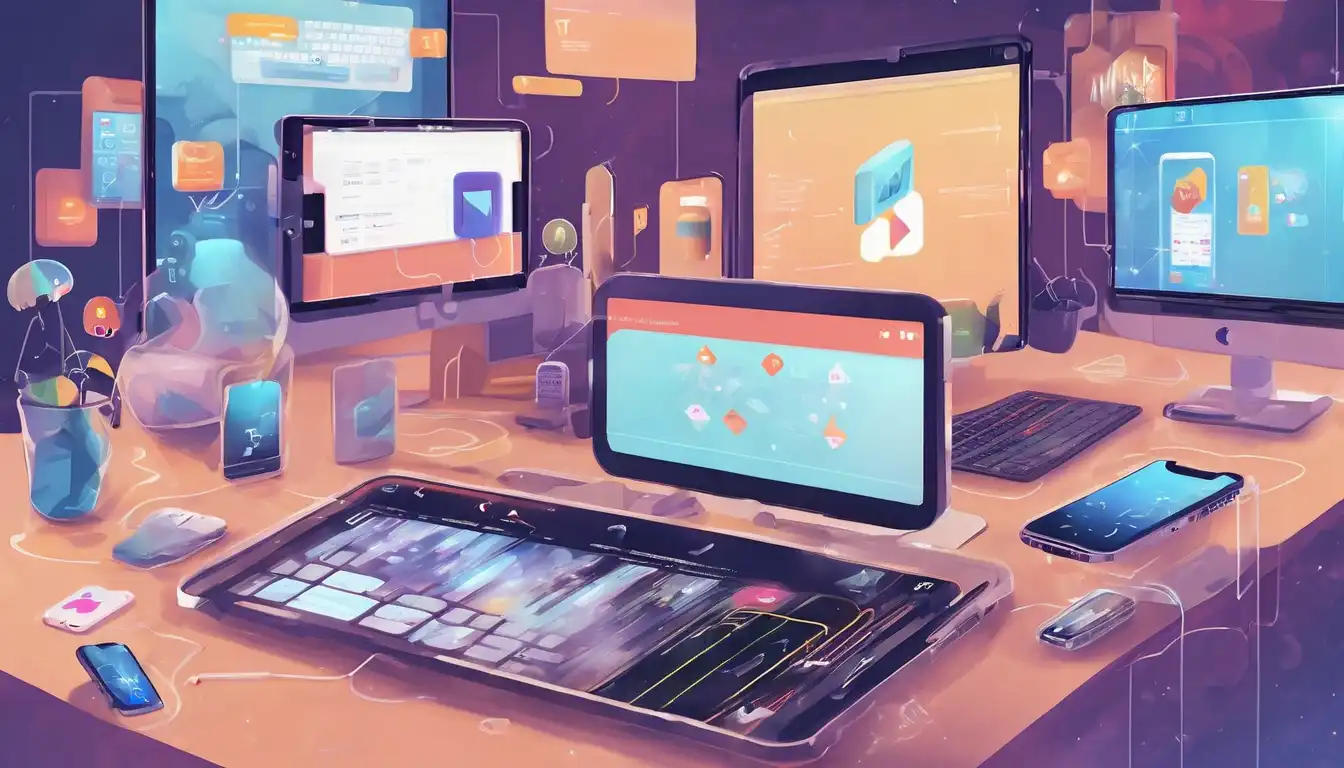Introduction to Flutter in Mobile Development
Flutter, Google's open-source UI software development kit, has been making waves in the mobile development community. Its ability to create natively compiled applications for mobile, web, and desktop from a single codebase is revolutionizing how developers approach cross-platform development. This article delves into the future of mobile development with Flutter, exploring its benefits, challenges, and why it might just be the game-changer we've been waiting for.
Why Flutter Stands Out
Flutter's unique approach to mobile development offers several advantages over traditional frameworks. Its use of Dart, a language optimized for fast apps on any platform, and its widget-based architecture allow for highly customizable and performant applications. Moreover, Flutter's hot reload feature significantly speeds up the development process, enabling developers to see changes in real-time without restarting the app.
Key Benefits of Using Flutter
- Single codebase for multiple platforms
- High performance comparable to native apps
- Extensive widget library for beautiful, customizable UIs
- Strong community and growing ecosystem
Challenges and Considerations
Despite its many advantages, Flutter is not without its challenges. The learning curve for Dart, limited third-party libraries, and larger app sizes are some of the hurdles developers may face. However, the Flutter team and community are actively working to address these issues, making it a continually improving platform.
Overcoming Flutter's Limitations
For those willing to invest the time to learn Dart and navigate the current limitations, Flutter offers a promising path forward. Its growing popularity and Google's backing suggest that many of these challenges will be mitigated over time, making Flutter an even more attractive option for mobile development.
The Future of Mobile Development with Flutter
As Flutter continues to evolve, its impact on mobile development is expected to grow. With advancements in web and desktop support, Flutter is positioning itself as a comprehensive solution for cross-platform development. The future looks bright for Flutter, with potential expansions into new platforms and further optimizations for performance and size.
Why Developers Should Consider Flutter
For developers looking to future-proof their skills, learning Flutter is a wise investment. Its ability to streamline the development process, combined with the growing demand for cross-platform applications, makes Flutter a key player in the future of mobile development.
In conclusion, Flutter represents a significant shift in mobile development, offering a blend of performance, efficiency, and flexibility that is hard to match. As the platform continues to mature, it's clear that Flutter will play a pivotal role in shaping the future of app development.
